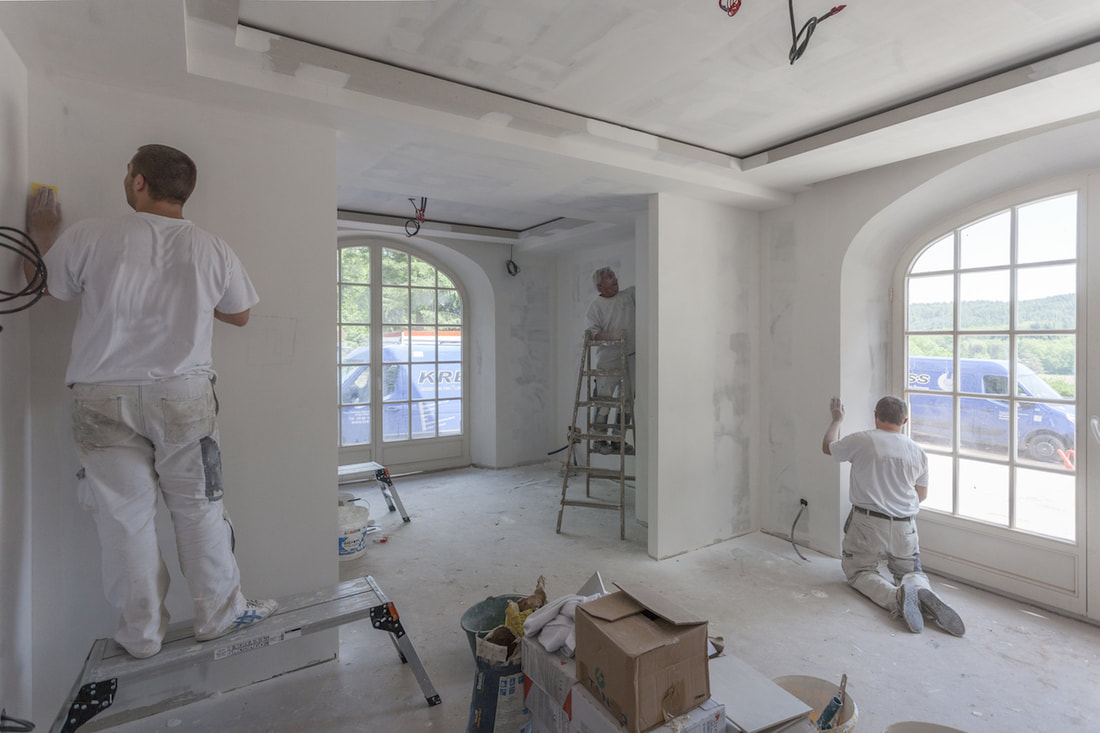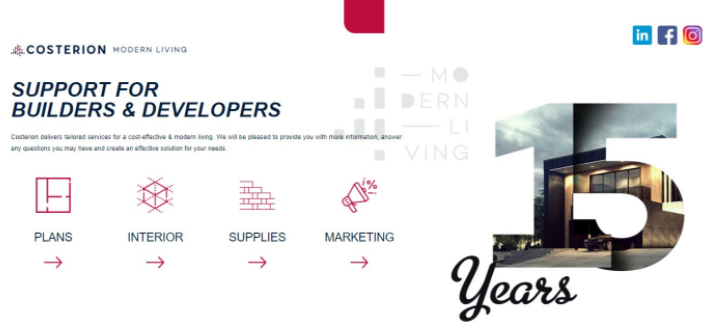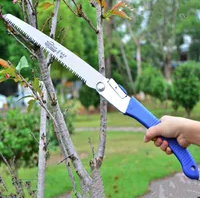7 Common Plumbing Emergencies and What to Do About Them
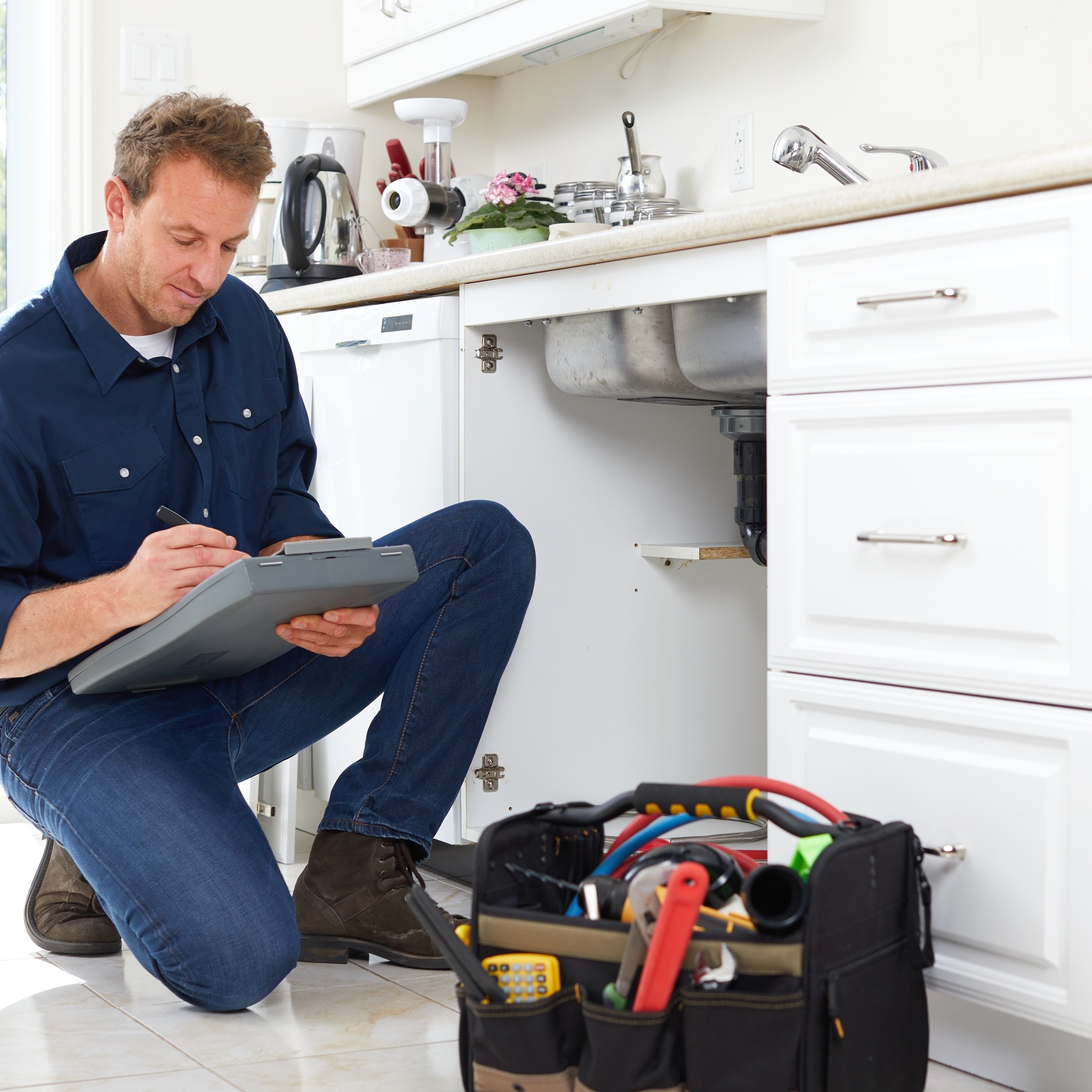
Plumbing emergencies are frustrating, inconvenient, and can become expensive if not addressed quickly!
 Photos By: Stock Images
Photos By: Stock Images
Fortunately, many plumbing emergencies are preventable with regular maintenance and fixing issues on time.
However, plumbing emergencies can still occur even with the best preventative care. It pays to have the emergency contact details of a plumber in Dallas if you reside in the city, and also know a reliable plumbing supply store to get anything you may need for a quick fix. Here are the most common plumbing emergencies and what to do about them.
Leaking Pipes
Leaking pipes result from corrosion or loose fittings and can cause considerable water damage if unchecked. Pipes can burst due to extreme temperatures, excessive water pressure, or blockages. Identifying the source of the leak avoids further damage.
Some leaks are not obvious. Look for damp walls and ceilings, and check your water bill for abnormal spikes. Decreasing water pressure, sudden hot or cold water, and mold growth can also indicate a leak. In such cases, contacting a plumbing specialist ensures prompt and reliable repairs. Whether it’s a burst pipe, clogged drain, or water heater failure, a professional plumber can quickly address your needs while minimizing disruption.
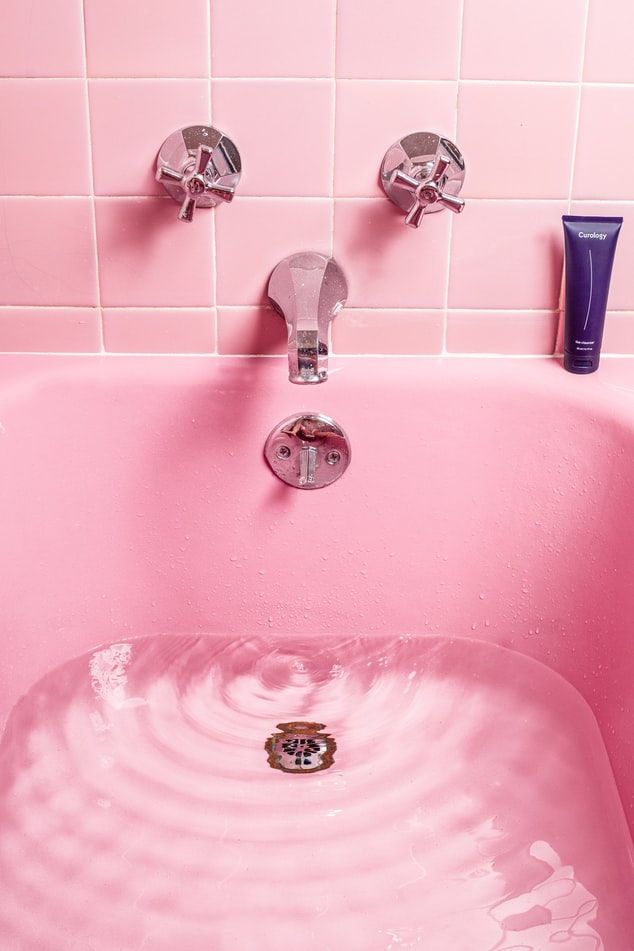
Clogged Toilets
Clogged toilets are one of the most common plumbing emergencies. Many times, this is easy to fix with a plunger or auger. If these methods are unsuccessful or you’re dealing with a more severe blockage, contact an emergency plumber for help.
Before a severe toilet blockage, you’ll notice signs such as the toilet bowl filling slowly, draining water from the overflow pipe, and gurgling noises. Take action before the blockage worsens. Also, find out the cause. Most often, it’s due to flushing items not meant for the toilet, such as baby wipes and diapers.
Sewer Line Backups
Sewer line backups are serious plumbing emergencies that, if not corrected immediately, can result in sewage backups. Severe flooding can also occur. Contact a plumber immediately if you smell a foul odor or observe wastewater emerging from your drains. Possible causes are broken pipes, tree root infiltration, or clogs. When a plumber arrives, they’ll use a camera to inspect the sewer line and locate the problem.
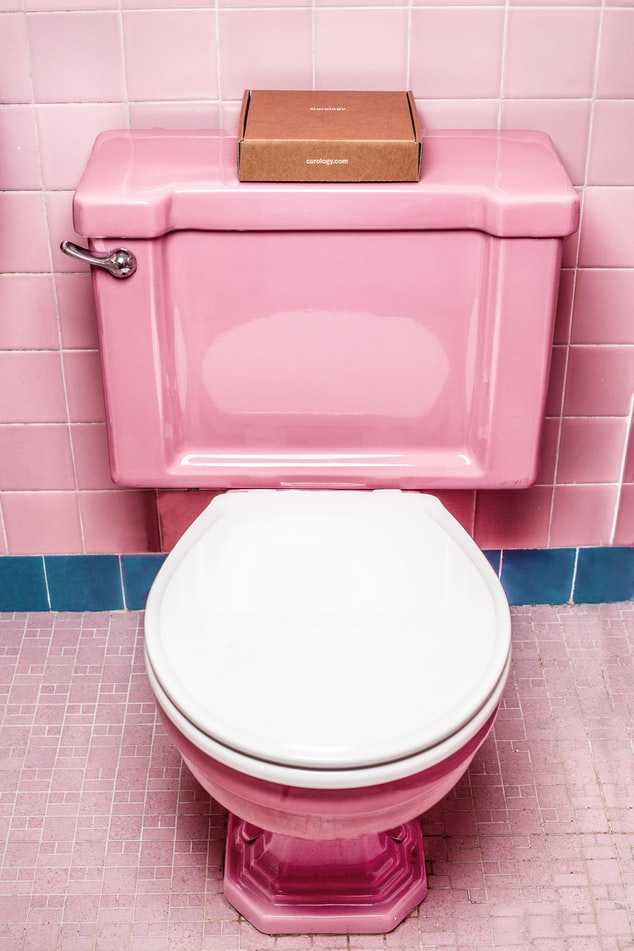
Overflowing Sinks
Overflowing sinks are caused by clogged drains and are a common problem. Turn off the water supply when dealing with an overflowing sink and call a plumber immediately. A professional can unclog the drain and advise on preventive measures. However, don’t attempt to use a chemical drain cleaner, as these damage pipes. Also, use strainers over the sink drain to catch hair and food particles.
Malfunctioning Water Heaters
A water heater malfunction is a huge problem, especially in cold climates. First, check the reset button or thermostat. If these don’t remedy the issue, contact a plumber for repair or replacement. Problems can include a faulty thermostat, leakage, or a malfunctioning heating element.
Broken Hot Water Lines
Hot water lines break due to corrosion, loose fittings, or freezing. Check the water heater if you notice your hot water takes a long time to get hot. Inspect the piping for breaks and call an emergency plumber.
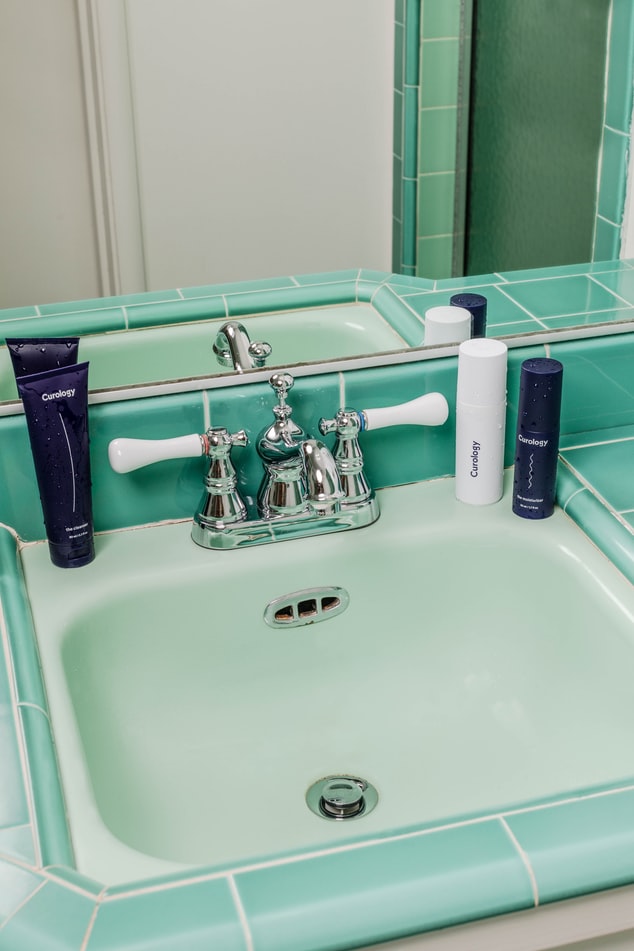
Frozen Pipes
Frozen pipes are a typical plumbing emergency. When the temperature drops below freezing, exposed pipes freeze and burst, leading to flooding. To prevent this, keep your home insulated, and repair any leaks or cracks in the pipes. Don’t attempt to thaw the pipes yourself when they freeze; call a plumber for help.
Preventative Measures are Always The Best
Plumbing emergencies are frustrating, inconvenient, and cause considerable damage. The best action is to contact a professional plumber for assistance. Also, preventive measures and regular maintenance will prevent most plumbing emergencies.


